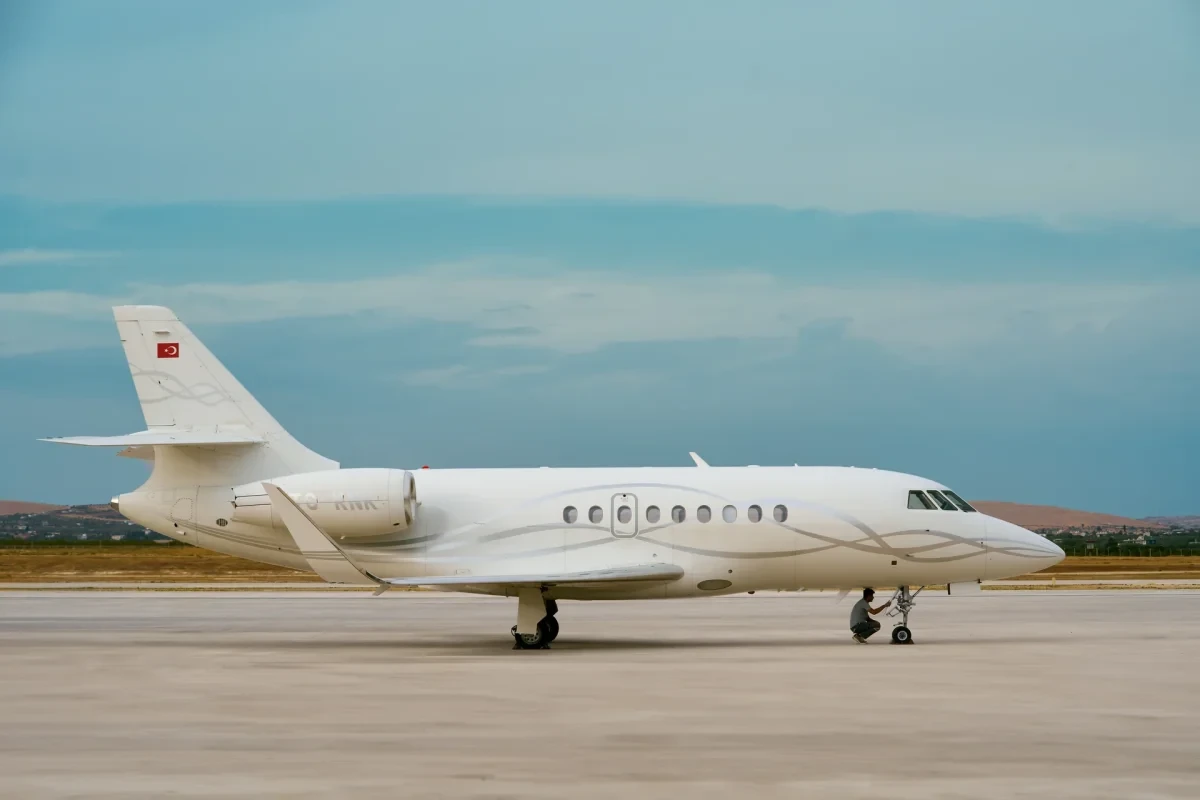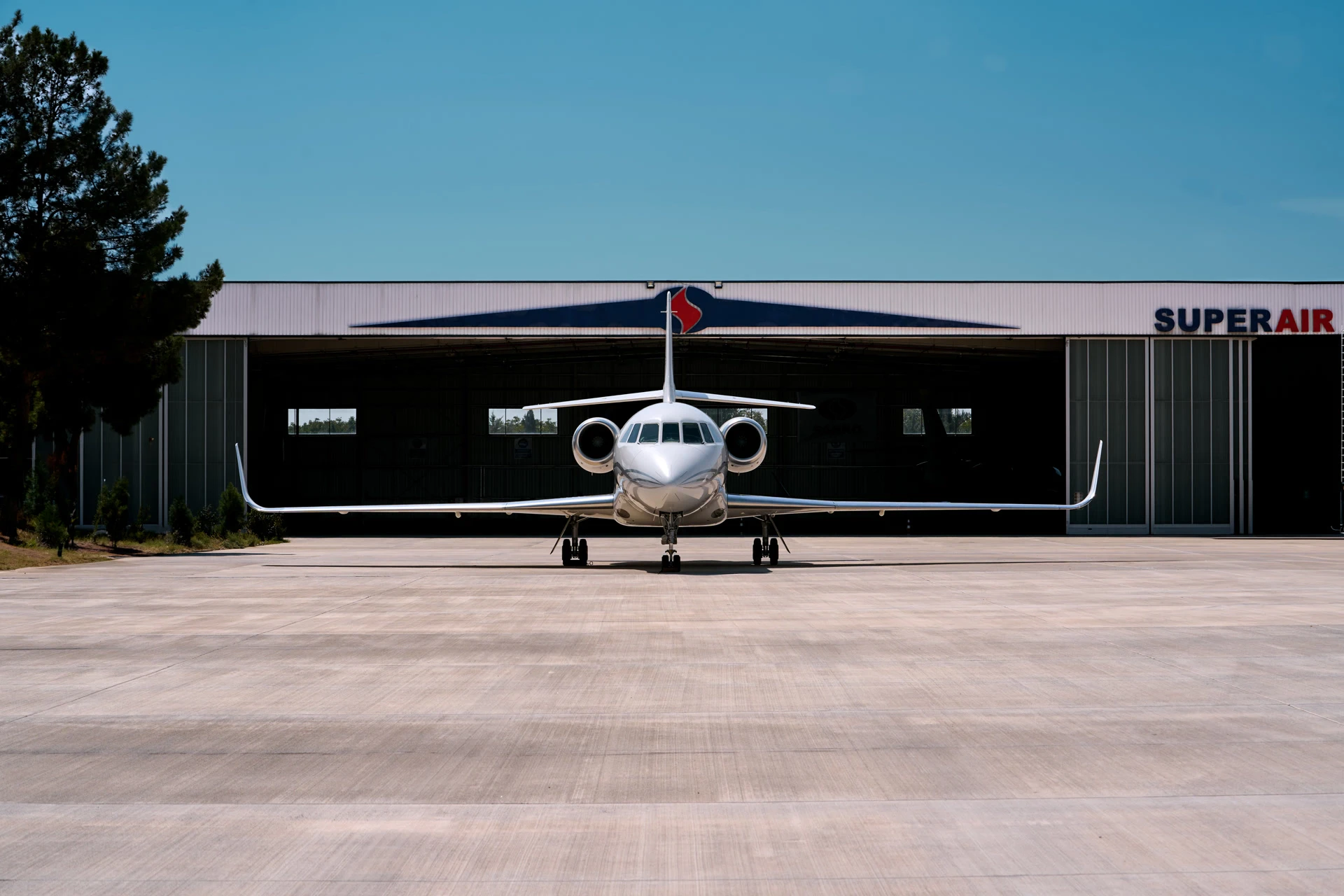SAFs are derived from renewable sources like used cooking oil, algae, and agricultural waste. When burned, they emit up to 80% less carbon compared to traditional jet fuels. Major airlines including United, Delta, and Air France have started blending SAFs into their fuel supply.
Governments are also pushing forward. The EU’s “Fit for 55” package mandates increased SAF usage by 2030, and the U.S. offers tax incentives for SAF production. While supply and cost are still barriers, demand is expected to drive innovation and scalability.
SAFs won't eliminate emissions overnight, but they are a crucial stepping-stone in aviation’s journey toward climate neutrality.


